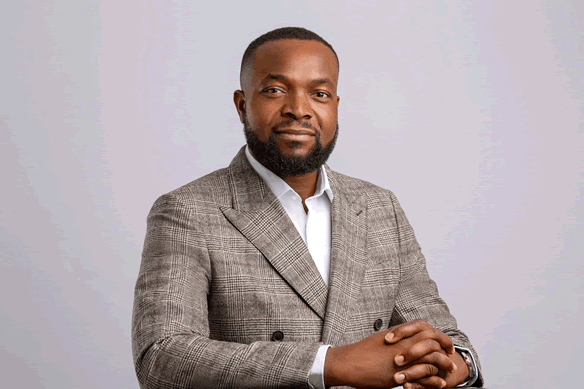In the seven months since assuming office, Communications Minister Bosun Tijani has encountered challenges as internet access in Nigeria has declined from 45.57% to 43.53%, threatening his ambitious goal of achieving 70% internet penetration by 2025.
Tijani’s efforts have focused on initiatives like the 3MTT program for digital skills training and the development of an AI framework. However, without addressing the decline in internet access, these objectives may prove difficult to attain.
Despite the establishment of a $2 billion fibre fund to connect local government areas, telecom operators face significant obstacles, including fiber cuts, multiple taxes, excessive right-of-way fees, insecurity, high energy costs, and inflation.
The proposed reintroduction of a 5% telecom service tax, suspended in 2023, further complicates the situation. This tax hike could elevate the tax burden on companies to 53%, according to the Association of Licensed Telecom Operators of Nigeria (ALTON).
Recent disruptions to operations, such as the sealing off of base stations in Kaduna State over alleged unpaid taxes, underscore the mounting challenges faced by operators.
Experts warn that Nigeria is unlikely to meet its broadband penetration target due to declining investment in infrastructure. The country’s internet speed remains among the lowest globally, exacerbating disparities in access between urban and rural areas.
To address these issues, stakeholders advocate for a review of service tariffs and government intervention to reduce right-of-way fees and create a more conducive regulatory environment for investment in broadband infrastructure.


